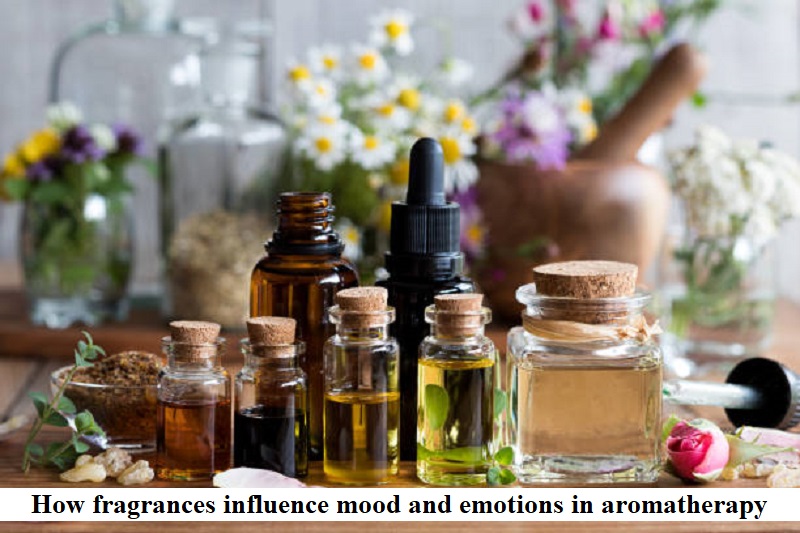
The potential of fragrances to evoke memories, transport us to different places, and profoundly influence our moods and emotions is remarkable. They play a significant role in shaping our everyday experiences, from the comforting scent of freshly brewed coffee in the morning to the delightful aroma of blooming flowers in a garden. This is not mere coincidence but rather the result of the profound impact of aromatherapy on our minds and emotions.
Aromatherapy, the practice of using scents to enhance well-being, has been employed for thousands of years. Ancient civilizations such as the Egyptians, Greeks, and Chinese recognized the medicinal benefits of essential oils and utilized them for various purposes, including healing and relaxation. Scientific research has now shed light on the intricate connection between smells, mood, and emotions.
The power of scents to trigger memories is one of the key ways they affect our mood. Our olfactory system, responsible for our sense of smell, is intricately linked to the limbic system in our brains, which is involved in memory and emotion regulation. When we encounter a scent, it can instantly transport us back in time, invoking memories associated with that particular aroma.
For instance, the smell of freshly baked cookies may evoke memories of our home kitchen, eliciting feelings of warmth, comfort, and nostalgia. Positive emotions have an immediate impact on our mood, lifting our spirits and promoting a sense of well-being.
Moreover, fragrances can directly influence our emotions by facilitating the production of specific neurotransmitters in the brain. Essential oils like lavender, chamomile, and bergamot have been shown to enhance relaxation and reduce anxiety. Studies have demonstrated that these scents can lower heart rate and blood pressure, inducing feelings of peace and tranquility.
On the other hand, invigorating scents such as citrus or peppermint can boost energy, enhance focus, and uplift mood. These fragrances have been found to increase the production of dopamine and serotonin, two neurotransmitters associated with happiness and pleasure.
The impact of scents on our mood extends beyond relaxation or energization; they can also aid in stress management and mental well-being. Aromatherapy has emerged as a natural and effective method of stress relief and relaxation.
Scents like lavender, rose, and sandalwood have shown to have calming effects, reducing stress and promoting inner peace. These fragrances can be incorporated into various self-care practices, including massages, bath rituals, and diffusing essential oils at home.
In addition to stress reduction, scents can enhance cognitive abilities and overall mental performance. Fragrances like rosemary and peppermint have been found to improve memory, focus, and concentration. These scents stimulate the cognitive centers of the brain, increasing mental clarity and alertness. Many students and professionals have started using these fragrances to create a productive study or work environment, as they can help reduce mental fatigue and boost productivity.
While perfumes undeniably have an impact on mood and emotions, it’s important to note that individual preferences and experiences may alter their effects. Each person may react differently to different scents based on their personal history, cultural background, and associations. It is crucial to explore and experiment with different fragrances to discover the ones that resonate with individual needs and preferences.
Aromatherapy can have a profound influence on our mental and emotional well-being by evoking memories, stimulating neurotransmitters, and promoting relaxation or stimulation. Incorporating scents into our daily lives can be a powerful tool for enhancing our overall quality of life, whether it’s creating a serene sanctuary, boosting productivity, or simply uplifting our spirits. So, the next time you catch a whiff of a familiar fragrance, take a moment to appreciate the aromatherapy influence it has on your mood and emotions.

Post Your Comments